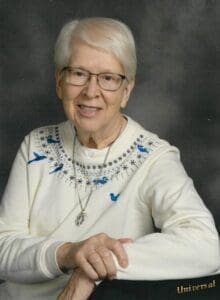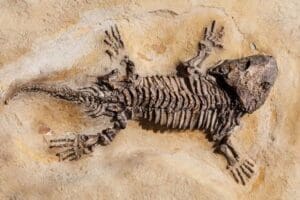COLBY, Kan. – Kansas State University Western Kansas Research and Extension Centers will host a webinar on April 4 from noon to 1 p.m. CT on decision making for grass turnout in Western Kansas.
In many areas of the state grass growth was very limited last year and continuing dry conditions in recent months raise questions about how livestock producers should plan for the coming growing season.
“Throughout much of 2022 and early 2023, producers have downsized herds but also shopped for forage resources from broader areas to retain as much of their herds as possible,” says Sandy Johnson, K-State extension beef specialist. “As normal grass turnout time arrives, producers are evaluating the supply of harvested forages in relationship to forage demand and when grazing will become an option again.”
Jason Warner, K-State extension beef cow-calf specialist, adds “When and how grass turnout occurs is a big decision this year as we are attempting to mitigate high prices for hay and other feeds while avoiding further damage to already stressed pastures. Information presented will be applicable to producers all-across Kansas and surrounding areas.”
Keith Harmoney, K-State range scientist at Hays, has studied historical data from range research at the experiment station including droughts in the 1930s and 1950s as well as more recent droughts and will use all of this to share his thoughts on planning and decision making for this spring.
The webinar is free; however, registration is required. The webinar will be recorded and available online at KSUBeef.org soon after the meeting. Register at https://tinyurl.com/KSUturnout.
More information is available from Johnson at 785-462-6281 or sandyj@ksu.edu.
###
The Kansas State University Department of Animal Sciences and Industry serves students, livestock producers and the animal and food industries through teaching, research and education. The K-State ASI department prepares students for careers in the animal and food industries. The curriculum includes the study of nutrition, reproduction, genetics, behavior, meat science and food science with production, management, and agribusiness skills. For more about the K-State’s ASI department visit asi.ksu.edu.













